LATEST INSIGHTS
Your Present Location: LATEST INSIGHTS-

Wang Yiwei: Economic boom of Xinjiang to crush US’ human right lies
While the US-led anti-China forces pulling the political scheme of vilifying China by viciously fabricating a "forced labor" lie about Xinjiang, the northwestern region of China is embracing a prosperous future with booming China-Europe freight train service and a comprehensive development to be led by the framework of Belt and Road Initiative (BRI).
2021-04-14 -
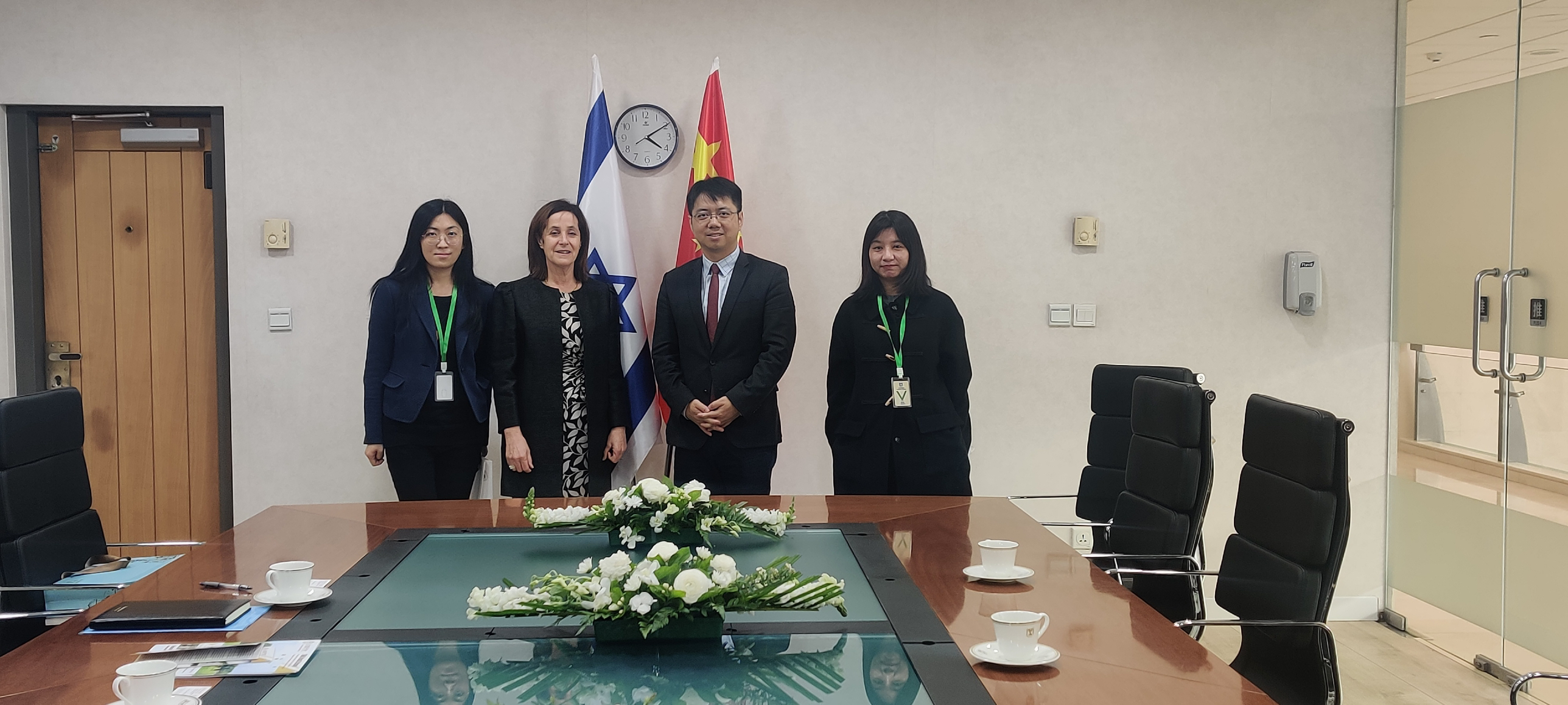
Ambassador of Israel to China met with RDCY
In the afternoon of April 8th, 2021, Ambassador of Israel to China Irit Ben-Abba had a cordial meeting with Prof. Wang Wen, Executive Dean of Chongyang Institute for Financial Studies at Renmin University of China (RDCY). The two sides had an in-depth and frank exchange on global governance, international relations and education cooperation.
2021-04-13 -

Wang Wen: Low-carbon economy war new power games
US President Joe Biden has invited 40 heads of state to the Leaders Summit on Climate on April 22 and 23. This has heated up the global competition over the low-carbon economy. This new competition could even be called "a new global green and low-carbon economy war."
2021-04-13 -
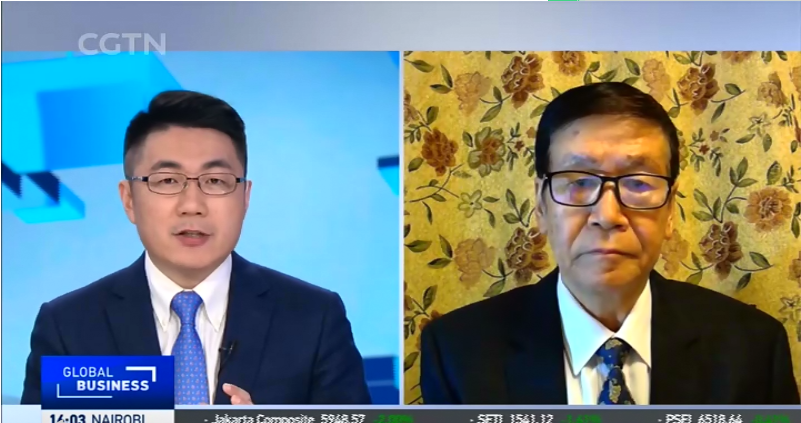
Liu Zhiqin: Views on China's Economy
Liu Zhiqin was interviewed by CGTN Global Business on 12APR 2021, sharing viewpoints on market fears about liquidity tightening from authorities and challenges facing China amid global booming liquidity.
2021-04-13 -
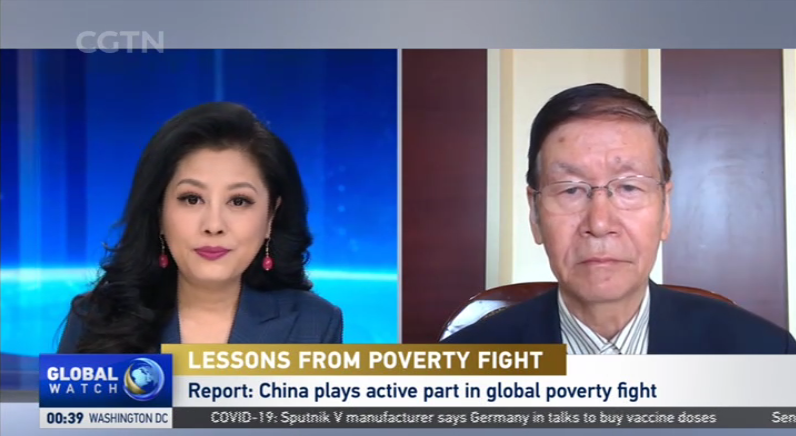
Liu Zhiqin: Lessons from Poverty Fight
Liu Zhiqin was interviewed Apr 08 by CGTN Global Watch, shared his opinions on Lessons from Poverty Fight and that China plays an active part in global poverty fight.
2021-04-12 -

【2021-4-22】T20 SPRING ROUNDTABLES: Sustainable Recovery for a Green Future
ISPI, the T20 National Coordinator and Chair, and the Chongyang Institute for Financial Studies, Renmin University of China (RDCY) are co-promoting the T20 Associated-event “Sustainable Recovery for a Green Future”, in cooperation with CSIS, Ecologic Institute, ERIA, KIEP, OECD and SIIS. This Public Event is preceded by a closed-door Workshop by invitation only (see the programme), intended as an occasion to broaden participation in the Task Force (TF) “Climate Change, Sustainable Energy and Environment”.
2021-04-09 -
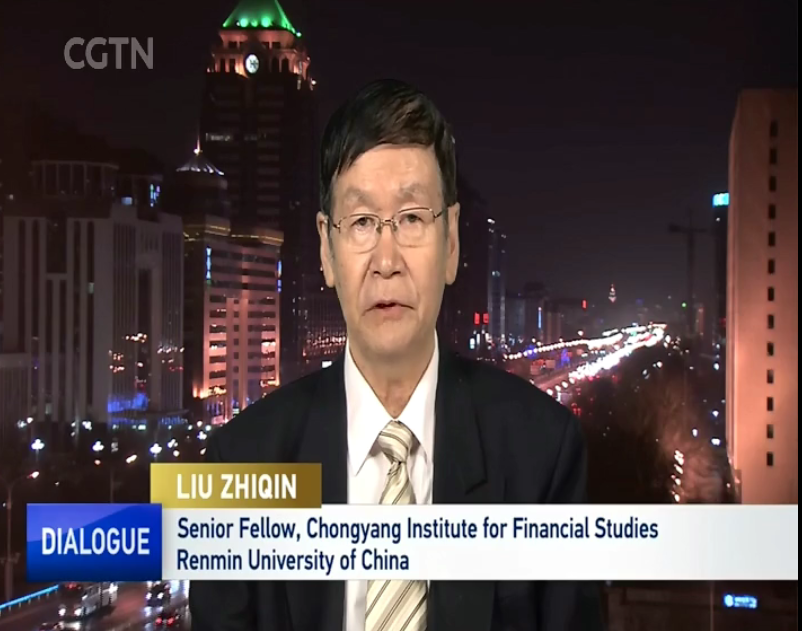
Liu Zhiqin: Dialogue with CGTN
Liu Zhiqin was interviewed Apr 08 by CGTN Dialogue, shared his opinions on World Economy Outlook.
2021-04-09 -
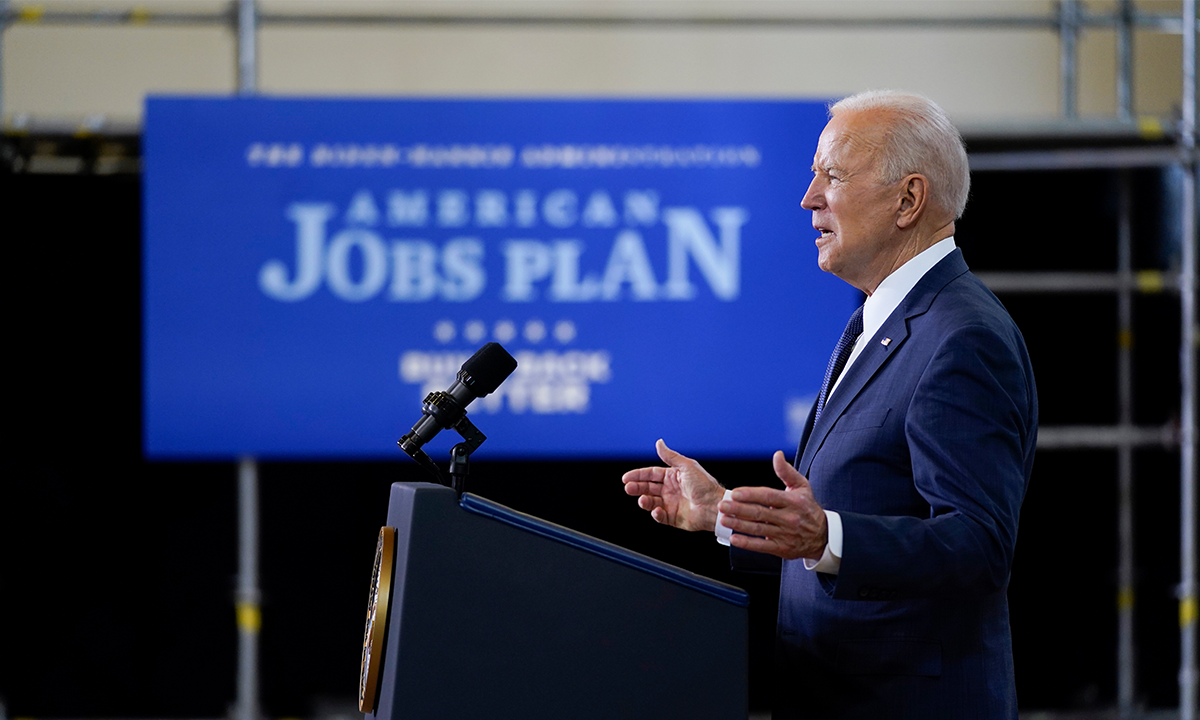
Ding Gang: Biden’s infrastructure plan may feel pain from US-China decoupling
US President Joe Biden wants to spend $2.3 trillion on infrastructure, a move that is obviously stimulated by the "rival" China. But when massive construction work in the US begins, the Americans might feel the pain of "political decoupling" with China.
2021-04-08 -
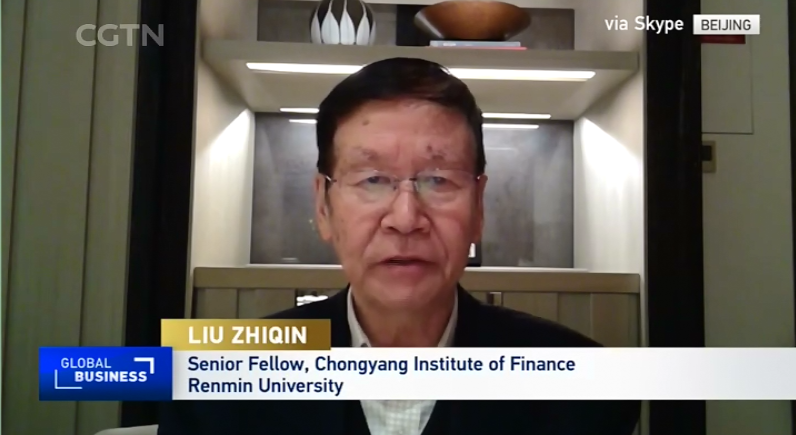
Liu Zhiqin: Insights on IMF Forecast on World Economy
Liu Zhiqin was interviewed on Mar 25 by Global Business on CGTN, shared his opinions on IMF on World Economy, giving future framework for regional cooperation, outlook for BRI as governments focus on infrastructure and foreign businesses tapping into China's market.
2021-04-07 -
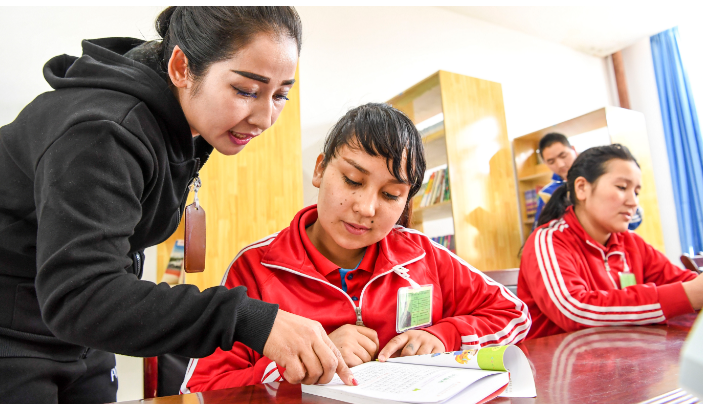
William Jones: And they call this 'genocide'?
The Joe Biden administration has really gone off the rails in its latest human rights report, giving the official imprimatur to labeling Chinese policy in Xinjiang Uygur Autonomous Region "genocide." While this outlandish claim was made by the now discredited anti-China hawk Mike Pompeo, it has now been officially adopted by the "liberal" Biden administration, and solely based on unfounded rumors spread by the right-wing networks of German Adrian Zenz.
2021-04-06 -
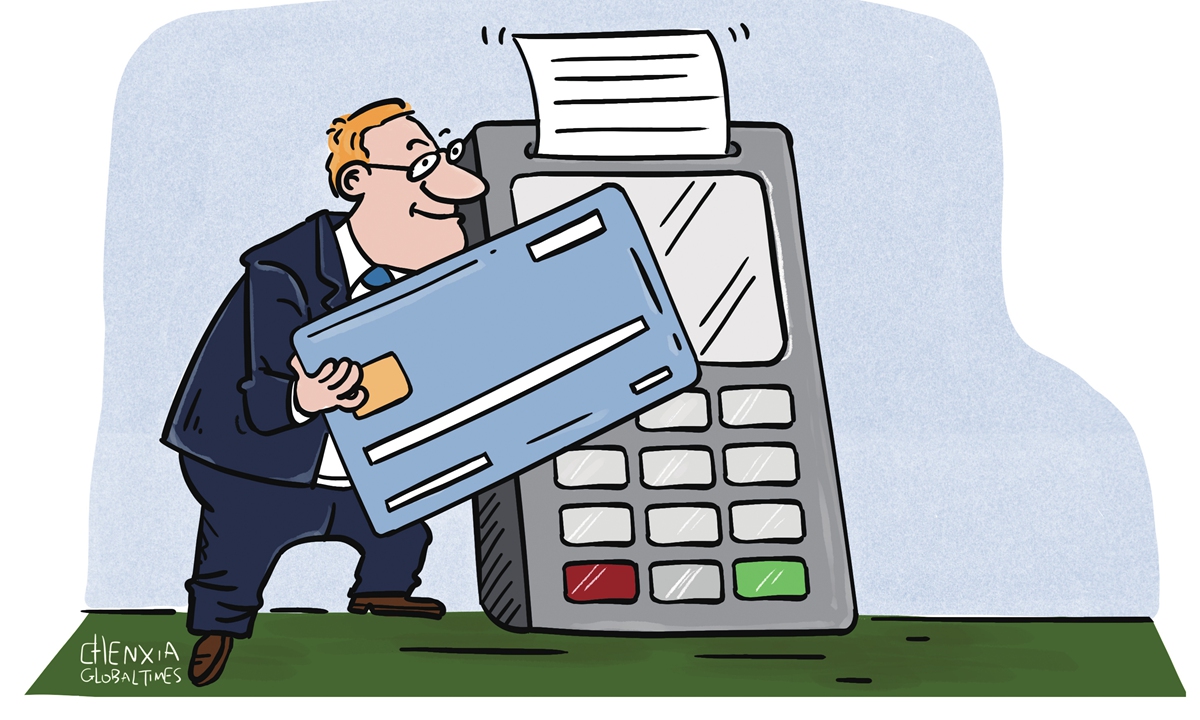
Wang Wen: Yiwu points to acceleration of financial opening-up
Can foreigners in China enjoy sufficient financial services? Yiwu, an export-oriented city in East China's Zhejiang Province, has made the country's first move to issue foreign merchant cards that provide foreigners with financial services to facilitate their online shopping, consumption as well as finance and investment needs.
2021-04-06 -
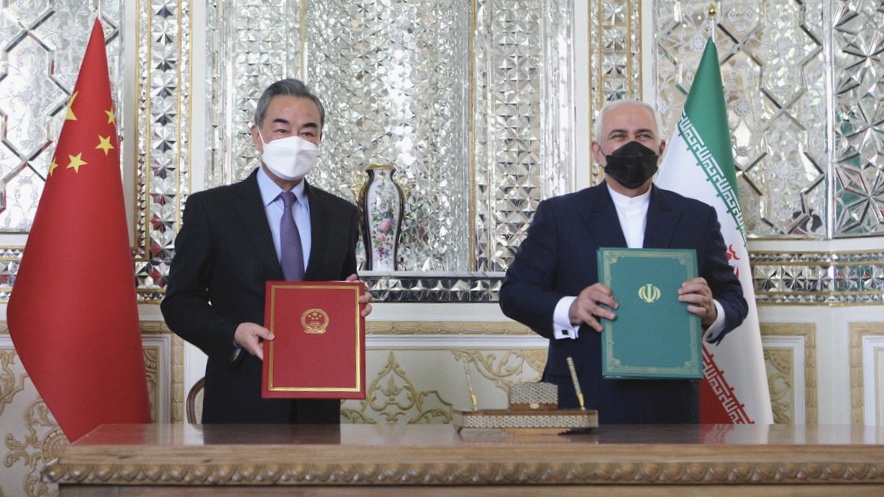
Djoomart Otorbaev: China vows to work with the Middle East against foreign interference
On March 30, Chinese Foreign Minister Wang Yi concluded a week-long trip to nations in the Middle East. He visited Saudi Arabia, Turkey, the United Arab Emirates, Bahrain, Oman, and Iran.
2021-04-06 -
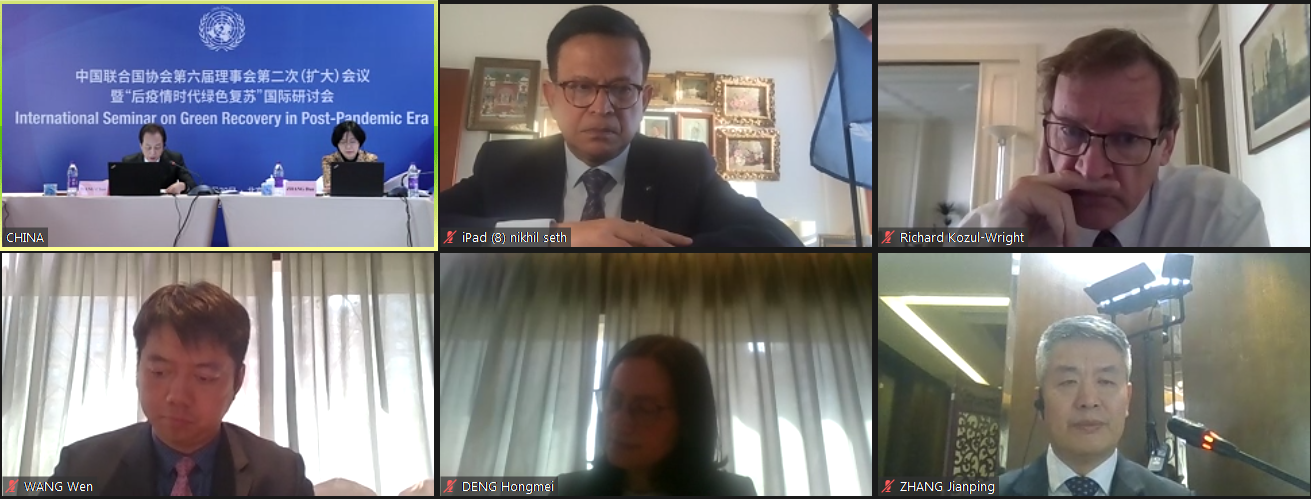
International Seminar on “Green Recovery” in Post-Pandemic Era was successfully held on 30Mar
On March 30, 2021 International Seminar on "Green Recovery in Post-Pandemic Era" was successfully held by the United Nations Association of China in Beijing. More than 120 people including United Nations officials, well-known Chinese and foreign experts and scholars, representatives of universities, research institutions and social organizations participated in the meeting through on-site participation and video connection. Wang Chao, President of Chinese People’s Institute of Foreign Affairs (CPIFA) and United Nations Association of China (UNA-China), presided over the meeting and delivered a speech. Wang Wen, Executive Dean of the Chongyang Institute for Financial Studies, Renmin University of China(RDCY), was invited to attend and deliver a keynote speech.
2021-04-02 -
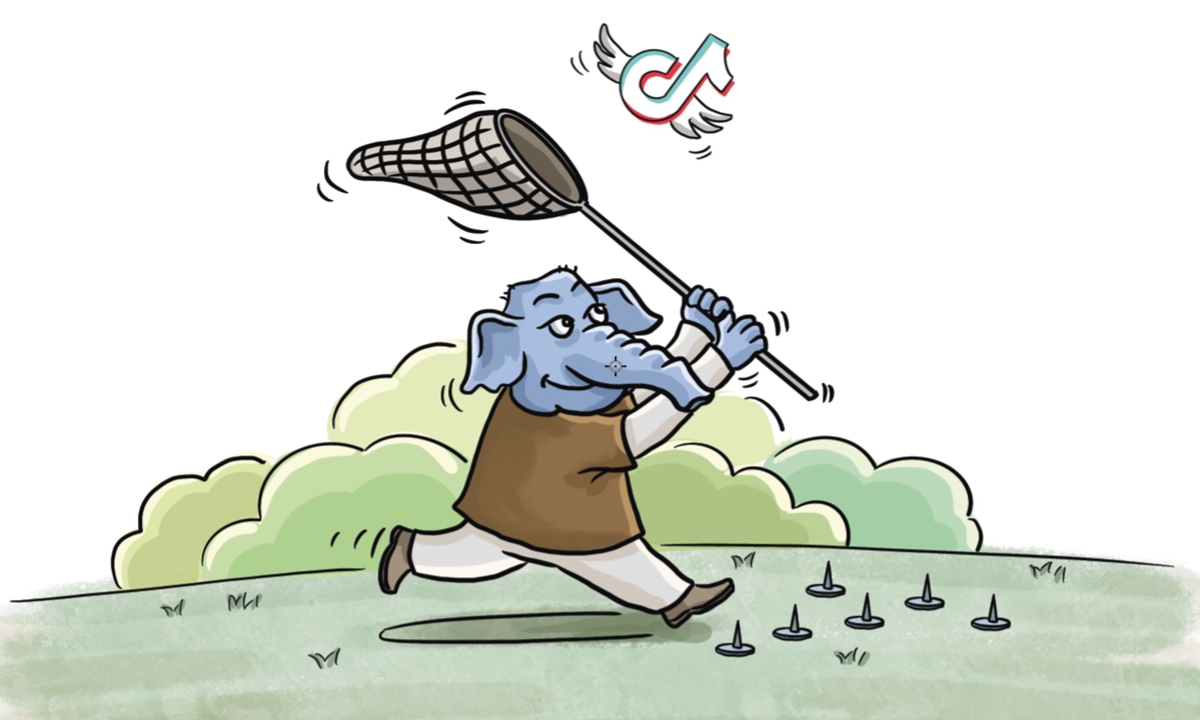
Liu Zongyi: India’s reported blocking of ByteDance’s accounts would be robbery
China-based technology company ByteDance, following its video-sharing platform TikTok being banned last June, has reportedly encountered a new round of crackdown in India, with at least two of its bank accounts being blocked for alleged tax evasion.
2021-04-02 -
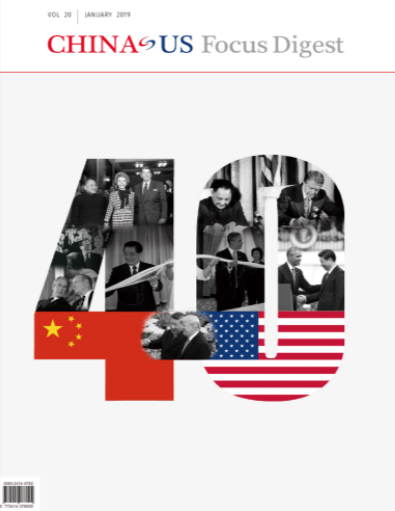
Zhao Minghao: Is China-U.S. Dance Possible?
This year marks the 50th anniversary of Dr. Henry Kissinger’s secret visit to China. In July 1971, Kissinger, as national security adviser to U.S. President Richard Nixon, held several rounds of talks with Chinese Premier Zhou Enlai in Beijing. The Chinese and U.S. sides addressed such thorny issues as Taiwan in a manner that was candid and full of wisdom. Kissinger’s visit paved the way for Nixon’s February 1972 China visit and the subsequent normalization of relations between China and the United States.
2021-04-02 -
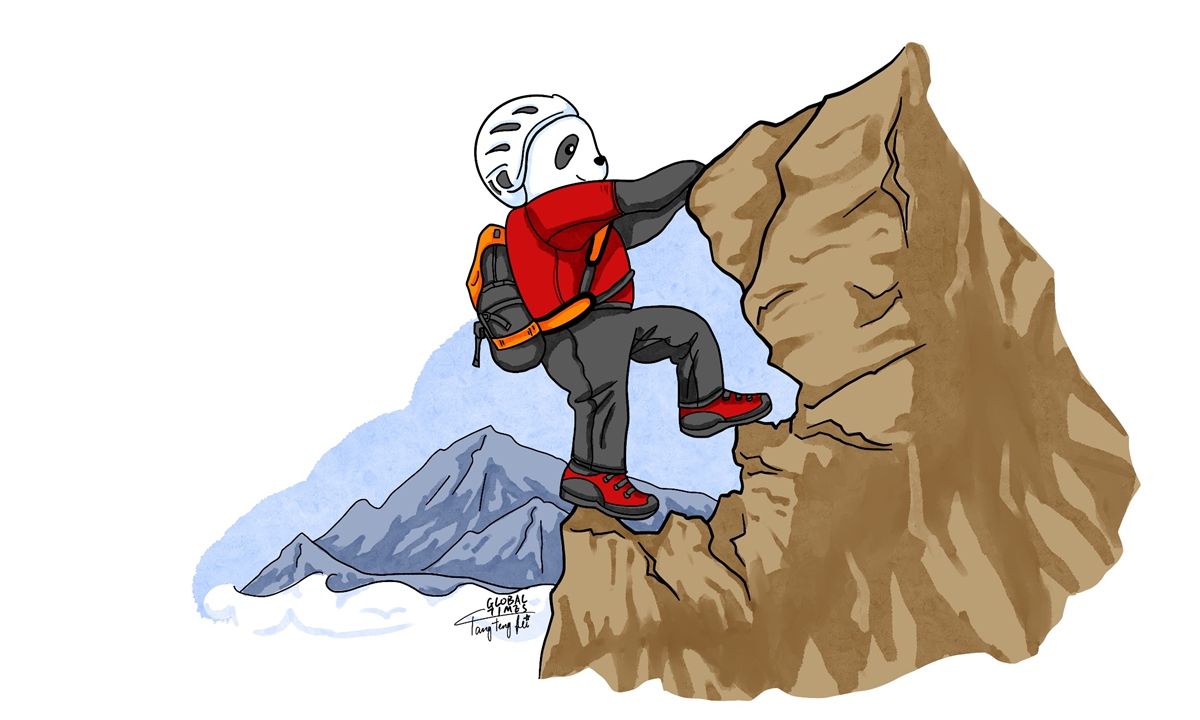
Ding Gang: Biden’s fictional enemy game with China is silly
During his first news conference as president on March 25, Biden called China-US relations "a battle between the utility of democracies in the 21st century and autocracies." He then told reporters, "We've got to prove democracy works."
2021-04-01 -
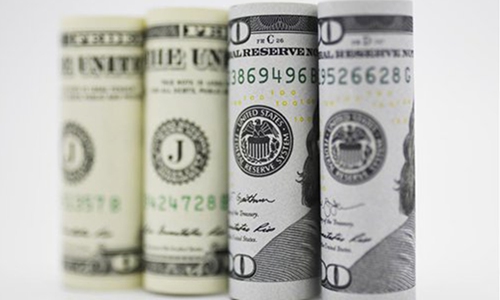
Amended CMIM agreement to boost use of local currencies for hedging impact of US dollar spamming: analysts
The amended Chiang Mai Initiative Multilateralisation (CMIM) agreement comes into effect on Wednesday, which institutionalizes the use of members' local currencies while raising the IMF De-linked Portion to 40 percent.
2021-04-01 -
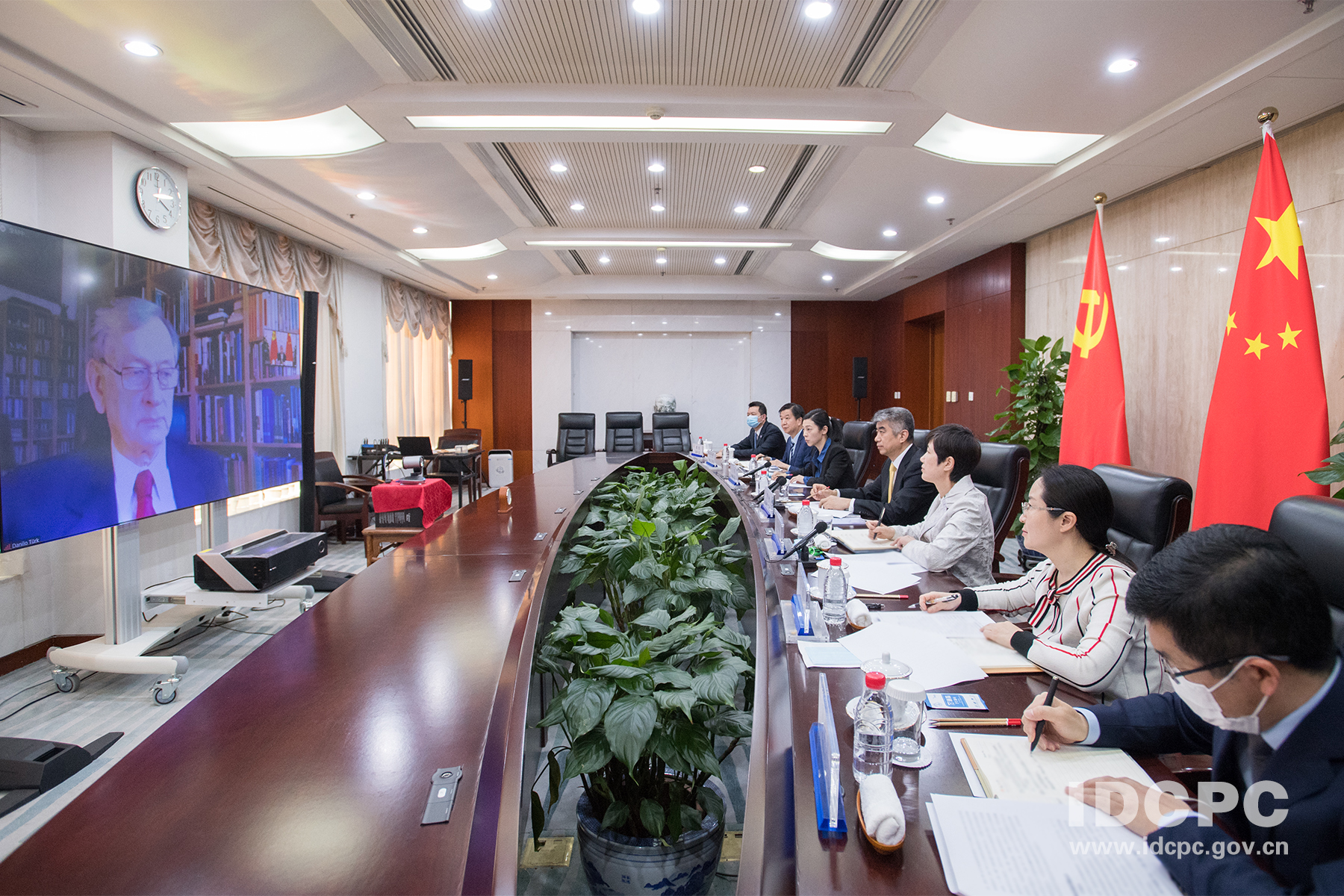
Video Meeting between Chen Zhou and Danilo Turk
Chen Zhou had a video call with Danilo Turk, former President of Slovenia and member of the International Advisory Committee of the "Belt and Road"(BRI) Think Tank Cooperation Alliance.
2021-04-01 -
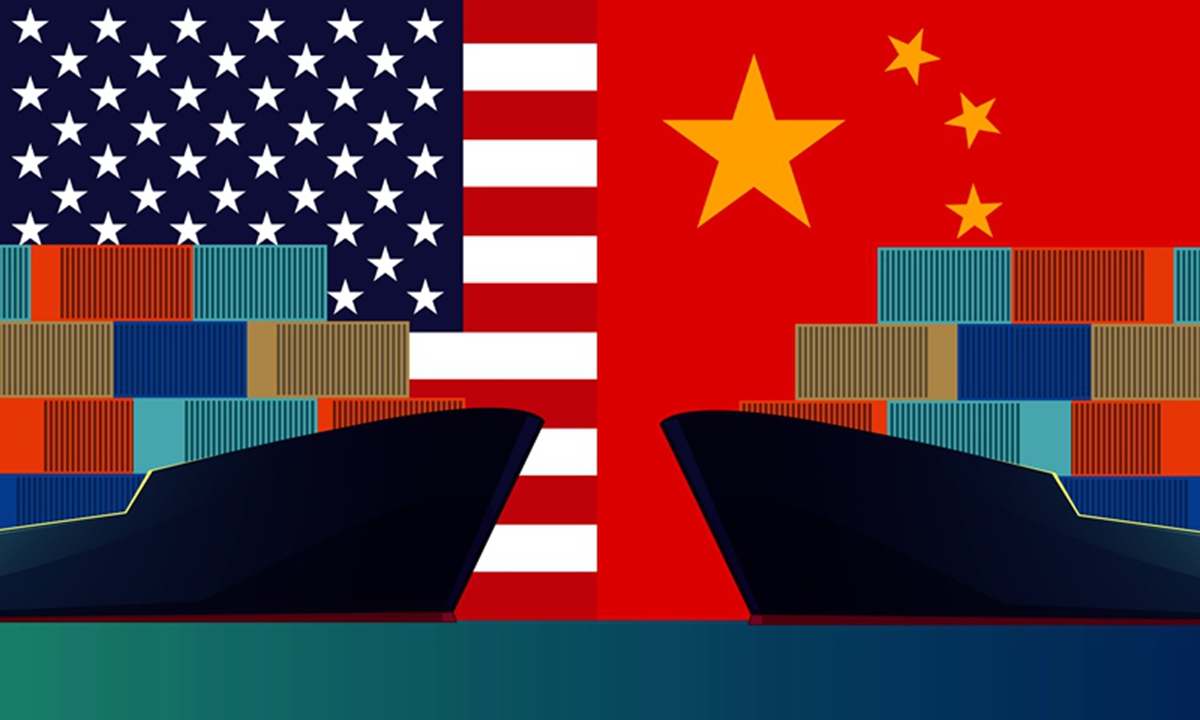
Businesses push for free trade with China as US rep sticks to tough talk, tariffs
In her first interview since Senate confirmation, US Trade Representative Katherine Tai revealed the Biden administration's reluctance to drop tariffs yet its receptiveness to negotiations with China, sending a mixed message about the prospect of bilateral talks after barbs were traded at the high-level strategic dialogue in Alaska.
2021-03-31 -
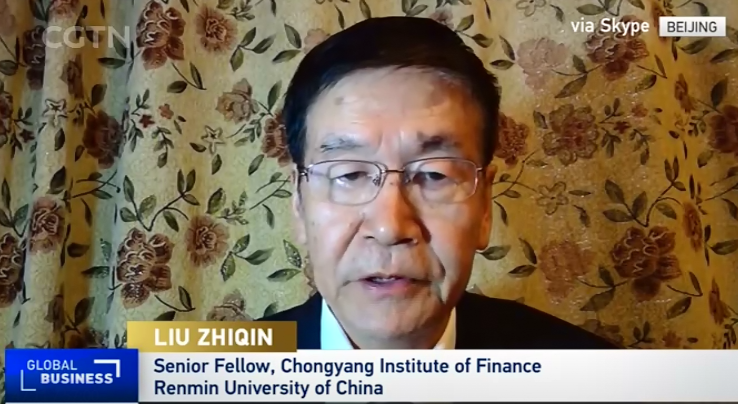
Liu Zhiqin: Views on Chinese Government Bonds
Liu Zhiqin was interviewed on CGTN, views on Chinese government bonds, pointed out comparions between Chinese government bonds and U.S. Treasuries and global government bonds. Also, he gave the reasons behind the Chinese financial assets inclusion.
2021-03-31
























































































 京公网安备 11010802037854号
京公网安备 11010802037854号





